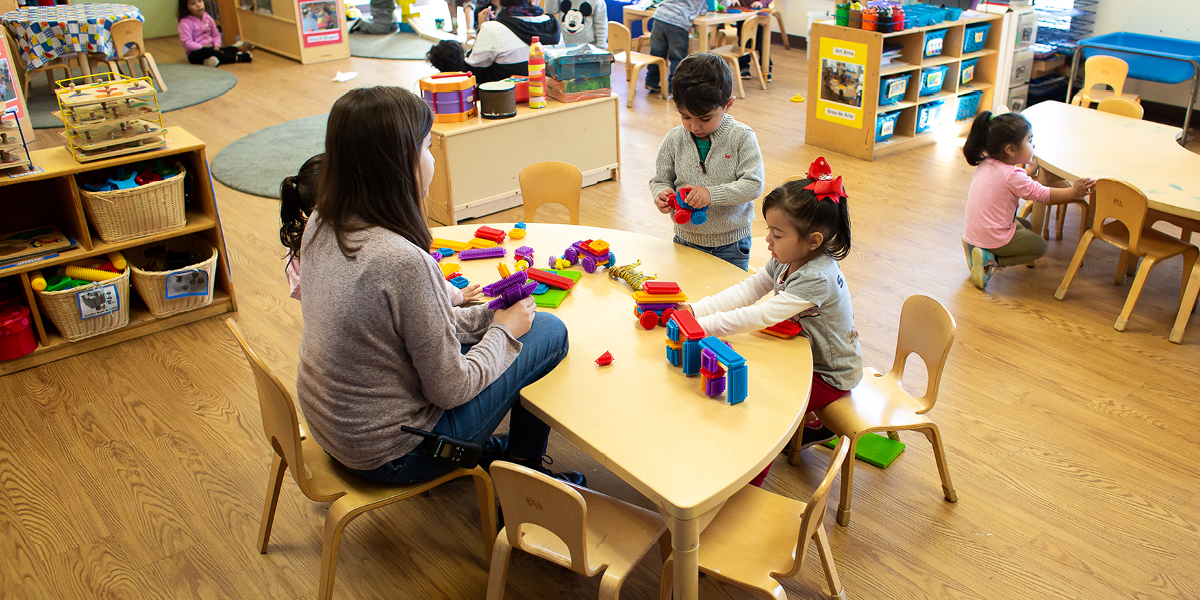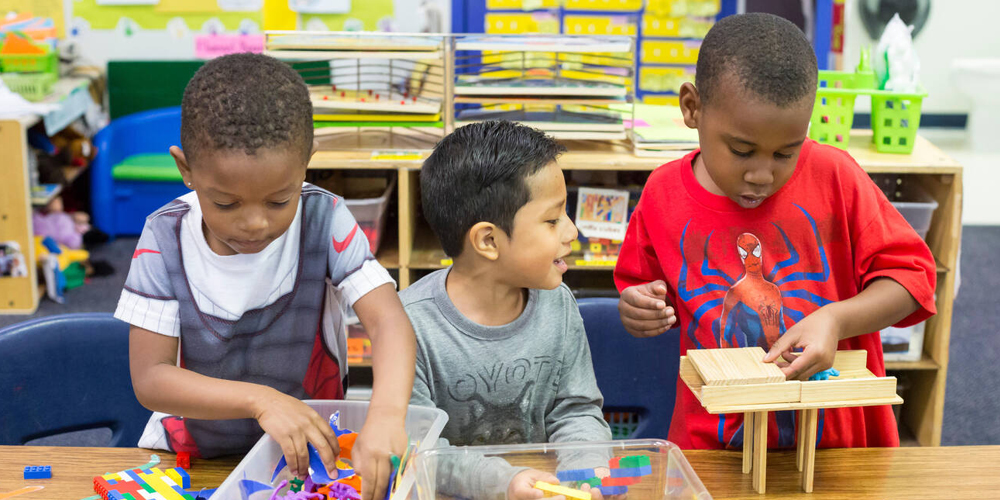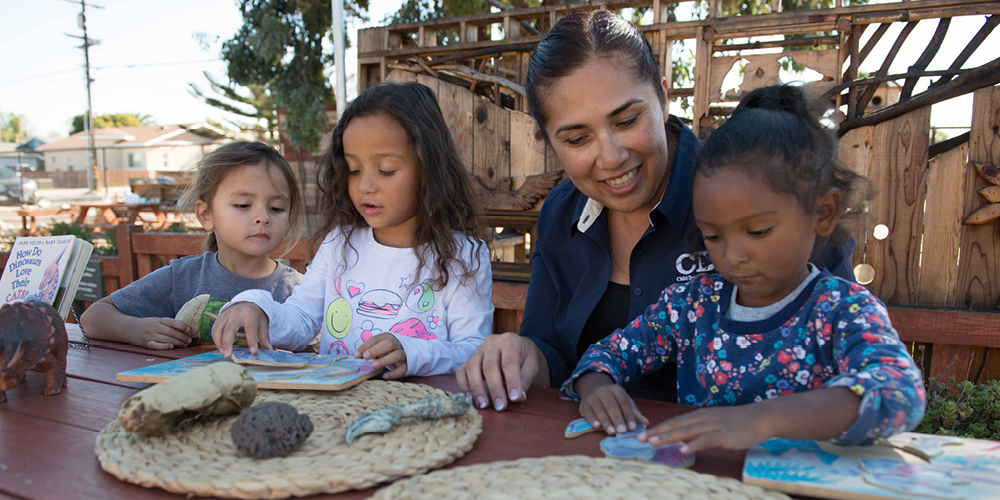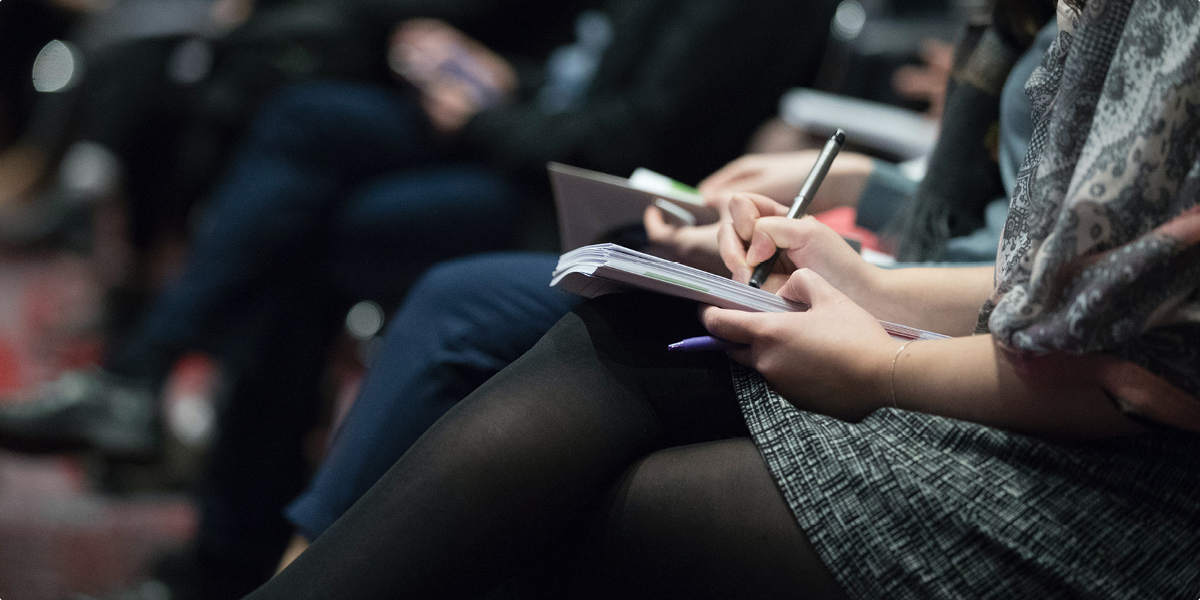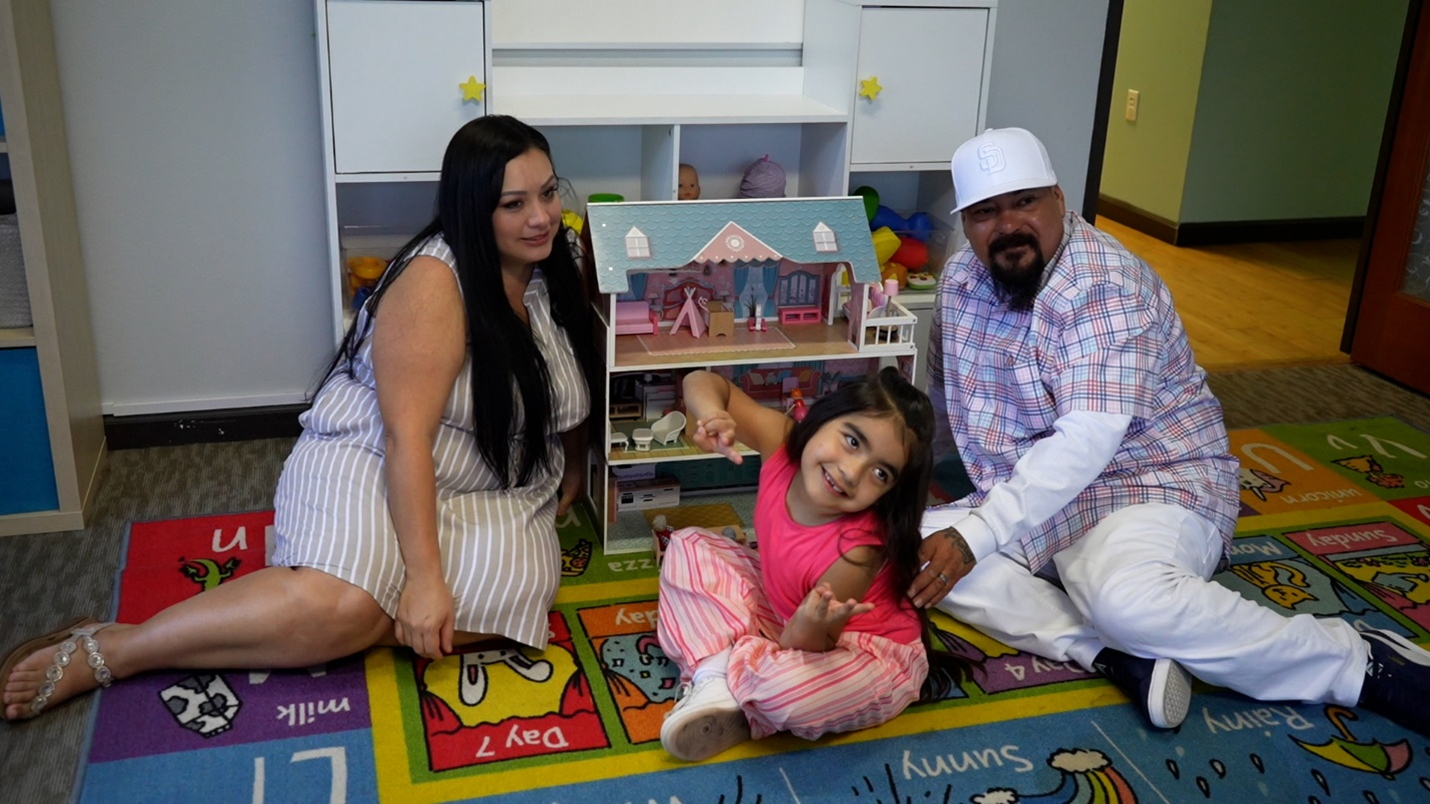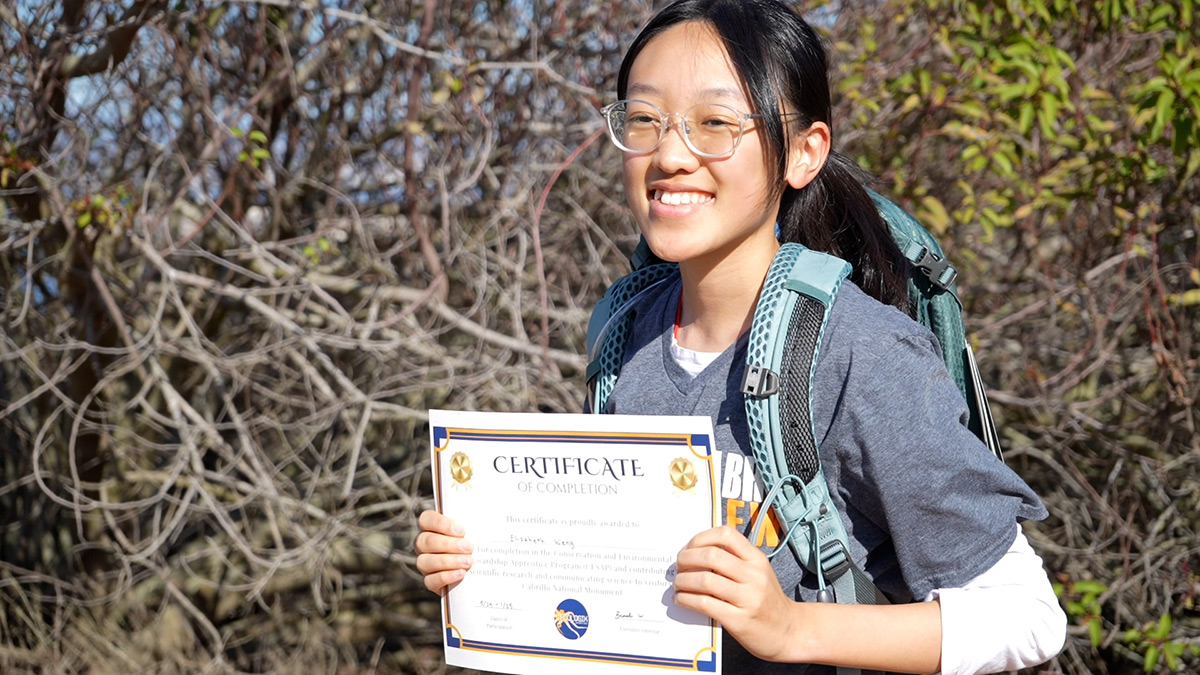Education during the earliest years is critical for preparing children for learning and readiness as they move into later elementary school years and beyond.
According to the U.S. Department of Education Institute of Education Sciences (IES), the overarching goal of early childhood education (ECE) is “to improve academic and social behavioral outcomes for children from birth through third grade.” Early childhood education sets the foundation of a child’s education journey and positions them for success as they progress through the grades.
Yet despite the importance of early childhood education, UNICEF reports that nearly half of all pre-primary-age children around the world are not enrolled in preschool. In the United States, only 34% of 3- and 4-year-olds are enrolled in preschool, leaving 66% of American children without the preparation that improves the transition to primary school.
Why Early Childhood Education?
So many changes and bold strides in learning occur from birth through the early elementary years.
According to Dr. Jessica Alvarado, academic program director for the bachelor’s degree program in Early Childhood Development at National University, early childhood education is so important because it’s when children “first learn how to interact with others, including peers, teachers and parents, and also begin to develop interests that will stay with them throughout their lives.”
“It’s a time when children learn critical social and emotional skills and a partnership is formed between the child, their parents and the teacher,” she continued. “When this is done successfully, it lays the groundwork for it to continue throughout the child’s education.”
What Does High-Quality Early Childhood Education Look Like?
According to the National Association for the Education of Young Children, which accredits early learning programs throughout the U.S., high-quality early childhood education programs should:
- Relationships: promote positive relationships between all children and adults to encourage each child’s sense of individual worth and belonging as part of a community and to foster each child’s ability to contribute as a responsible community member.
- Curriculum: implement a curriculum that is consistent with goals for children and that promotes social, emotional, physical, language and cognitive learning and development.
- Teaching: use a variety of developmentally, culturally and linguistically appropriate and effective teaching approaches that enhance each child’s learning and development in the context of the program’s curriculum goals.
- Assessment of Child Progress: use a variety of formal and informal assessment approaches to provide information on children’s learning and development, including reciprocal communications between teachers and families, and with sensitivity to the cultural contexts in which children are developing.
- Health: promote the nutrition and health of children and protects children and staff from illness.
- Staff Competencies, Preparation, and Support: employ and support a teaching and administrative staff that have the qualifications, knowledge and professional commitment necessary to promote children’s learning and development and to support families’ diverse needs and interests.
- Families: establish and maintain collaborative relationships with each child’s family to foster children’s development in all settings. These relationships are sensitive to family composition, language and culture.
- Community Relationships: establish relationships with and use the resources of the children’s communities to support the achievement of program goals.
- Physical Environment: has a safe and healthful environment that provides appropriate and well-maintained indoor and outdoor physical environments, including facilities, equipment and materials to facilitate child and staff learning and development.
- Leadership and Management: effectively implement policies, procedures and systems that support stable staff and strong personnel, fiscal and program management so all children, families and staff have high-quality experiences.
Achieving Successful Early Childhood Education Outcomes
High-quality, focused early childhood education programs have shown a positive effect on cognitive development, and later school achievement, especially for children from low-income families.
But how do we ensure a child’s early childhood education is effective at achieving desired outcomes? According to recent research, young children learn best through “engaging in spontaneous and reciprocal interactions, meaningful activities and caring relationships.”
In California, the Department of Education has a strong commitment to diversity and inclusion in the early childhood education curriculum to ensure children in preschool through third grade (P-3) are positioned for educational success.
On its website, the Department of Education states “it is committed to using equity, inclusion and quality standards that support effective learning experiences as guiding principles for data-driven decision-making about key P-3 strategies to meaningfully impact systems, programs, schools, and policies across the state.”
SDF Early Childhood Initiative
San Diego Foundation understands the importance of early childhood education in our communities and has implemented important programs and raised significant funds to support programs in the region. The goal of early childhood education is to stir excitement for learning to build a solid foundation for continued educational enjoyment.
Through the SDF Early Childhood Initiative – a program established to increase access to affordable, quality early care for children in San Diego — SDF has made a significant impact increasing access to quality early childhood education for local children and their families. Since 2018, the Early Childhood Initiative has awarded $5 million, provided 60 grants to community-based organizations and improved ECE opportunities for more than13,000 children ages 0 – 5.
From supporting the well-being of children, to increasing the workforce by improving childcare options for working families, and offering access to training for in-home childcare providers, the Early Childhood Initiative is making a difference.
Learn more about the Early Childhood Initiative and the early childhood education programs supported by San Diego Foundation.
